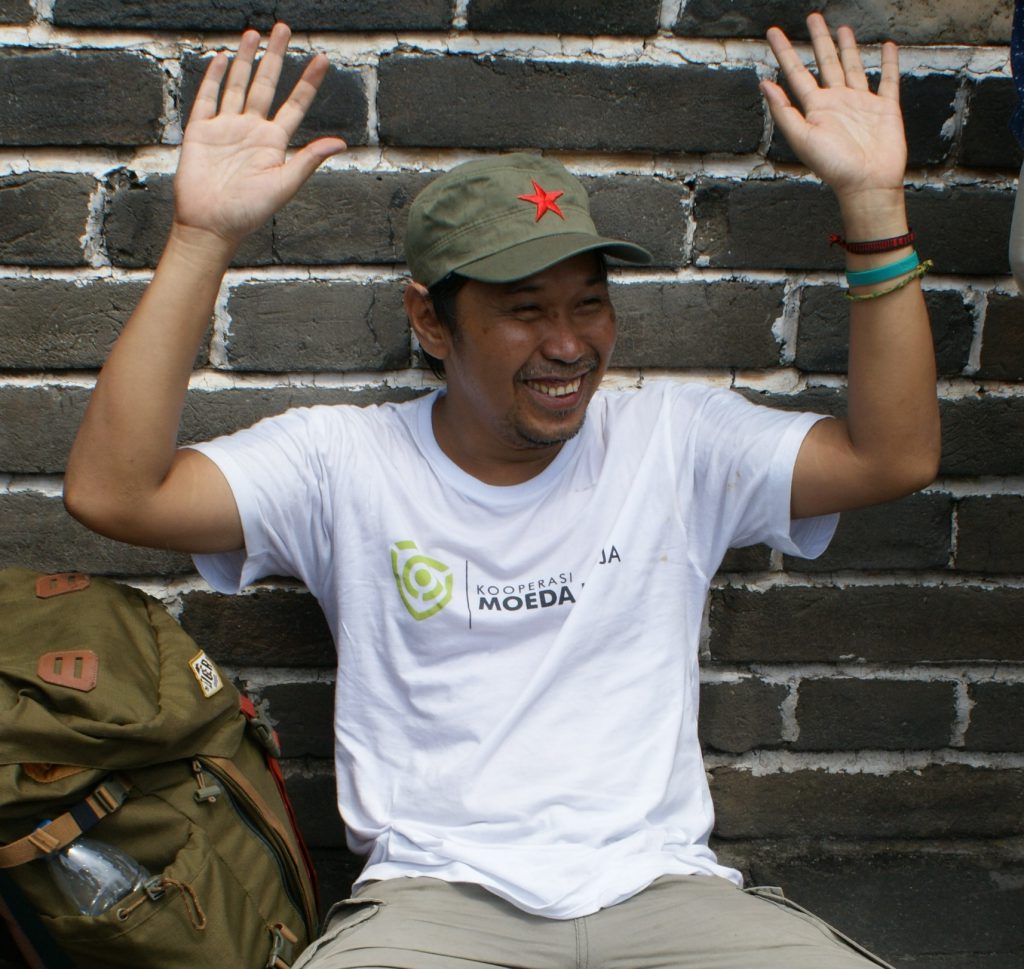

Although World Water Day 2021 has come to an end, King’s Water continues to share work by our members and collaborators. One of our partners is IHE Delft, the international graduate water education institute, where we have a joint agreement for collaborative research and education. That is why we are pleased to announce that Bosman Batubara and Dr. Michelle Kooy, head of the water governance department at IHE Delft, will be presenting a water case study along with Nila Ardhianie from the Amrta Institute.
Their talk on 31 March is titled “Re-enchanting more-than-urban water metabolism through degrowth: contestation and experimentation in Semarang, Indonesia”. The case study is focused on large scale environmental transformation in Semarang, Indonesia, touching upon issues of flooding, water infrastructure and urbanisation. The abstract of the talk is below.
The presentation will start at 4 PM on 31st March, one week after the research talk by Dr. Michael Chadwick and will conclude the Department of Geography seminar series for this term. King’s Water warmly invites students, colleagues, and faculty members to the talk.
Bosman Batubara and Dr Michelle Kooy (IHE Delft), with Nila Ardhianie (Amrta Institute for Water Literacy, Semarang)
Re-enchanting more-than-urban water metabolism through degrowth: contestation and experimentation in Semarang, Indonesia
In this presentation we bring together critical urban theory and degrowth to explain and advance the current contestation of large scale environmental transformations in the coastal city of Semarang, Indonesia. Using a framework of Urban Political Ecology, we start with a chronicle of how emergent social movements, of which we are a part, are analysing the processes of urbanization through which Indonesia’s growth economy is sustained through the (re)production of uneven urban environments. From this, we follow (1) the movement’s understanding of how the uneven distribution of risks related to flooding – and flood management infrastructure solutions – is inherent to the logic of capitalist urbanization in Indonesia, and (2) where this connects in theory and practice to the articulation of alternative – degrowth – models of urbanization, for Semarang, and other Indonesian cities. Following the trajectory of the movement over 2019-2020, we identify where principles of degrowth emerge as necessary for articulating a counter-narrative to Indonesia’s capitalist urbanization models in general, and – specifically for Semarang – as an alternative set of social relations and processes through which water is metabolized. We conclude with reflections from both scholars and activists on the cross-fertilization of critical urban theory with degrowth for urban environmental justice in Indonesia.